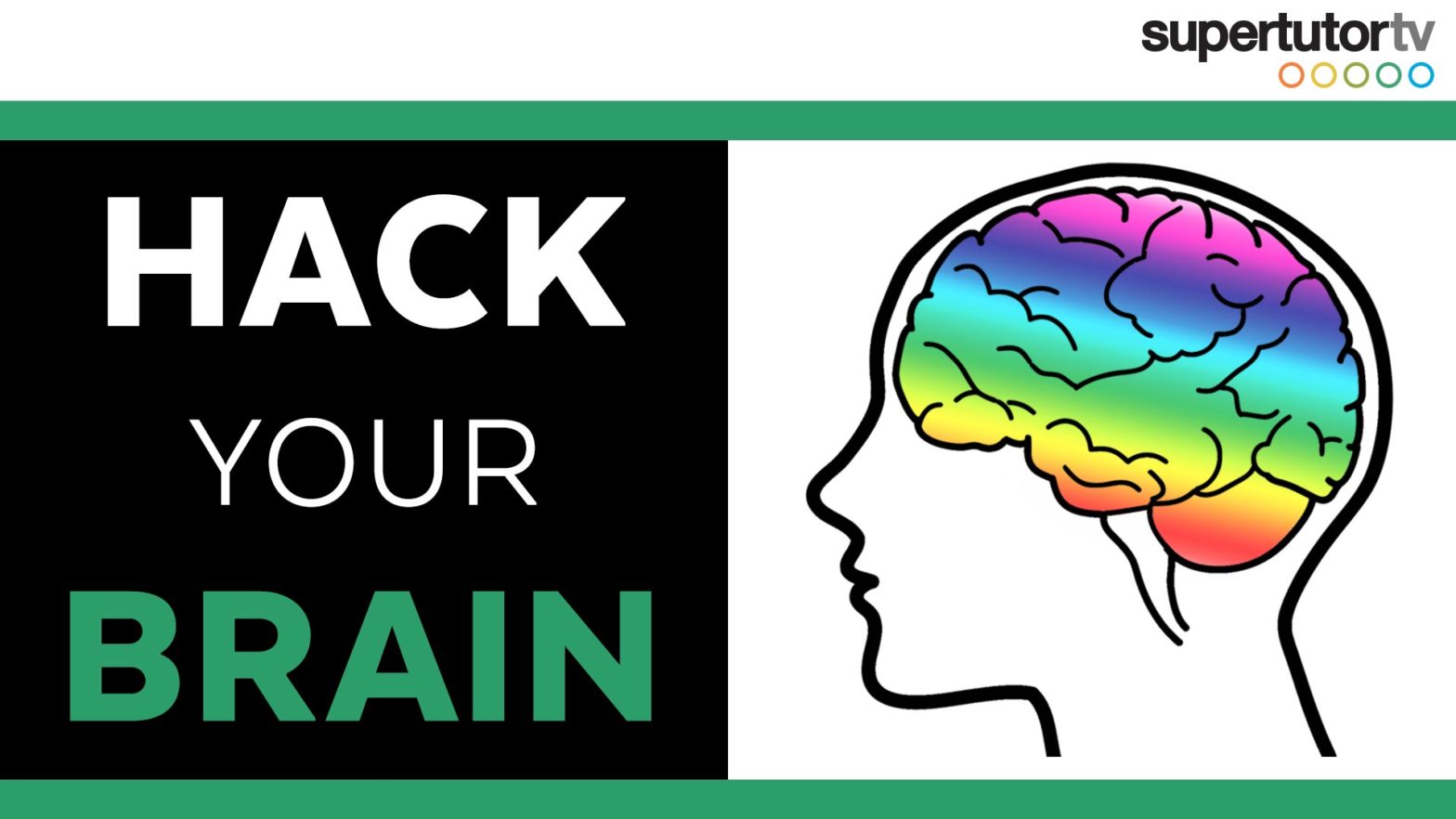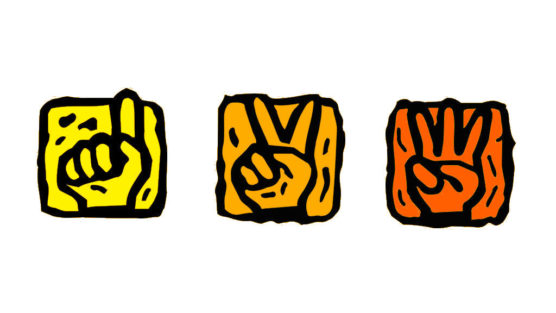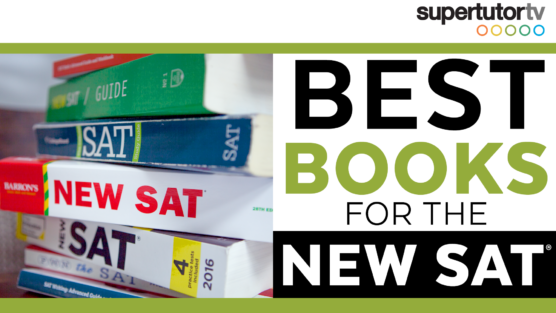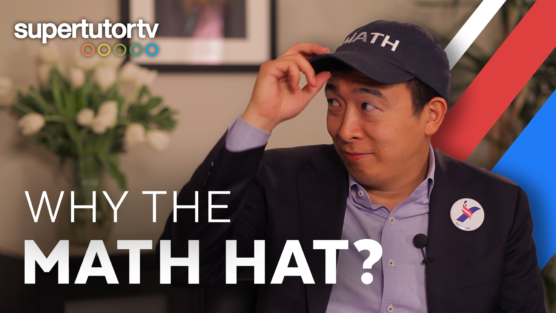Sometimes, what keeps us from higher scores and better grades is not our innate ability, our level of effort, or even the quality of our education. Rather, it’s our own minds. How we think about information, approach studying, and memorize facts can have a significant impact on how well we perform academically. But most of us can do better, if only we better understand our mind’s natural weakness and fight to work around these biases.
Here I’ll share 3 study tips, based on psychological research, that will help YOU hack into the power that is already latent in your mind.
1. Beware the Overconfidence Effect
The overconfidence effect is the idea that as human beings, we give ourselves way too much credit. We might think we know it all, but the truth is… we don’t. Oftentimes, students think they’re totally prepared, that they’ve worked hard and are ready for anything. In reality what happens is that students often don’t get the grades they expect. Even B students often expected they would get an A. Giving ourselves too much credit is a habit psychologists have dubbed, “the overconfidence effect.”
One of the problems at the core of the overconfidence effect has to do with the distinction between recognition vs knowing.
Recognition is the idea that if I explain something to you, you will understand my explanation of it, but you will give yourself credit for knowing those things only because you recognize them. But knowing is a deeper level of understanding than recognition. By confusing these two things, often times, when it comes to taking the test, recognition will not be enough. You must know how to come up with the solution on your own, how to define the word without context, or how to process the information without simply recognizing someone else has done so correctly. That’s a higher level of learning and performance. Rather than seeking to recognize right ideas, you must seek to understand them to a point that you could even teach them to others.
How to Overcome the Overconfidence Effect:
You can take active steps to overcome this effect.
1-Study more than you think you need to.
When you feel prepared, then add another hour of review.
2-Learn in a way that requires you to actively know the material.
Make quizzes for yourself, answering study guide questions without looking back in the book, imagine how you would teach the information to someone else.
2. Develop a Growth Mindset
A growth mindset is a concept coined by Stanford psychology professor, Carol Dweck. Her research has found when students believe that learning is not static but rather grows over time, they learn better. Essentially the way one thinks about learning can actually improve learning outcomes.
“In a fixed mindset, students believe their basic abilities, their intelligence, their talents are just fixed traits. They have a certain amount and that’s that, and then their goal becomes to look smart all the time and never look dumb.
In a growth mindset, students understand that their talents and abilities can be developed through effort, good teaching, and persistence. They don’t necessarily think everyone’s the same or anyone can be Einstein, but they believe everyone can get smarter if they work at it.”
-Carol Dweck
Dweck’s thesis exposes the power of positive thinking. If you believe that studying and working hard will make you better at something, it will. If you’re the type of person who says to yourself, “Oh, I’m bad at math, and that’s why I have a B in math,” you’ve adopted a fixed mindset. This kind of thinking — that you’re innately smart in one area and not in another– can actually stunt your progress in both areas. If you’re that person who constantly says things to yourself like this (“I’m bad at math” or “I’m good at English but terrible at Chemistry”) you need to stop.
Smartness is not static; it is malleable. Just believing that fact can actually help you study more effectively and help you hack into the power you have in your mind to improve.
3. Use the Self-Reference Effect
The self-reference effect is the idea that if things have personal relevance, they are easier to remember and are learned more deeply. We care much more about things that have much more to do with us. If you can find a connection between who you are and the thing you’re studying, you’re going to put more time and effort.
This is why language immersion is so effective and why people learn a language in a foreign country so quickly. It becomes a mode of personal survival. When you need the language to get an apple turnover in the morning so you have breakfast, suddenly it matters to you. Language becomes personal, you relate it to your life, and learning then becomes easier.
Tip: Make It Personal
Language isn’t the only subject you can make personal. Whether you’re reading a history book or a novel, the more you can relate to what you’re reading or find a connection between your life and what you’re studying, the easier it will be for you to remember.
When you read a novel, try to find the character that you relate to most. Try to understand their point of view and think about how that resonates in your own life. Whatever you can do to make your learning personal or to find connections between what you’re learning, who you are, and what you care about is going to make your learning stick more.
Hope you enjoyed these mind hacks! If you’re looking for more ways to improve your study habits, subscribe to our mailing list to keep up to date on all our blogs and videos!





